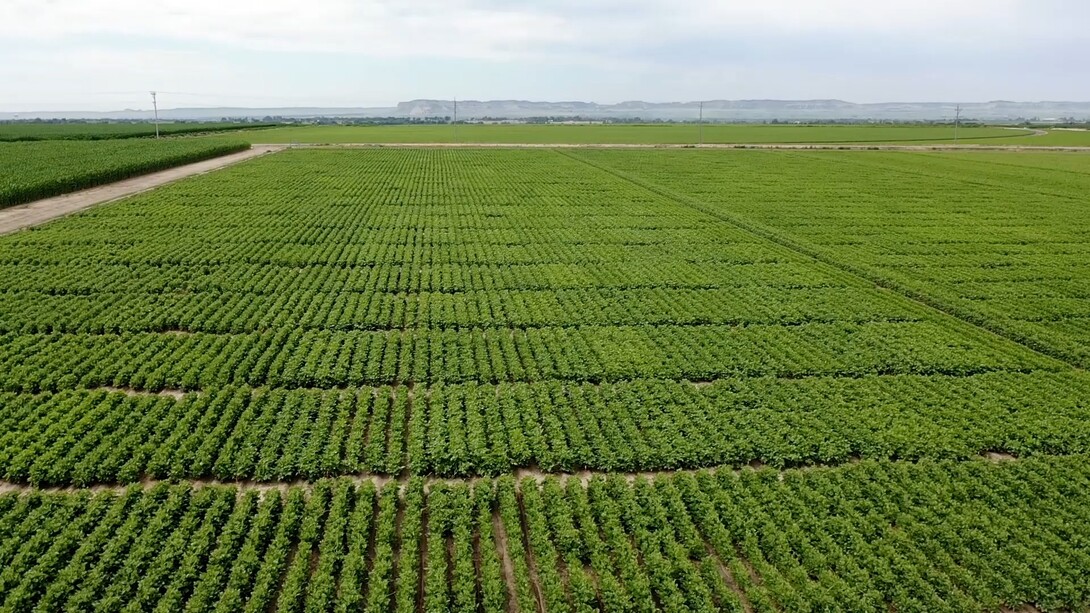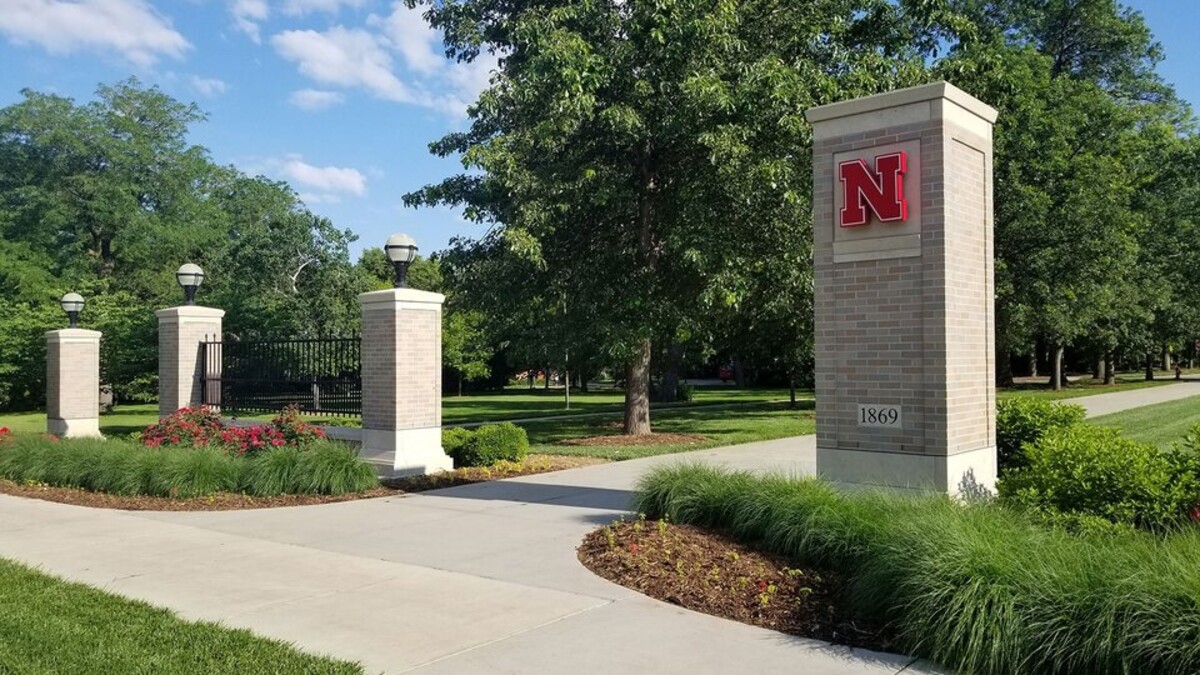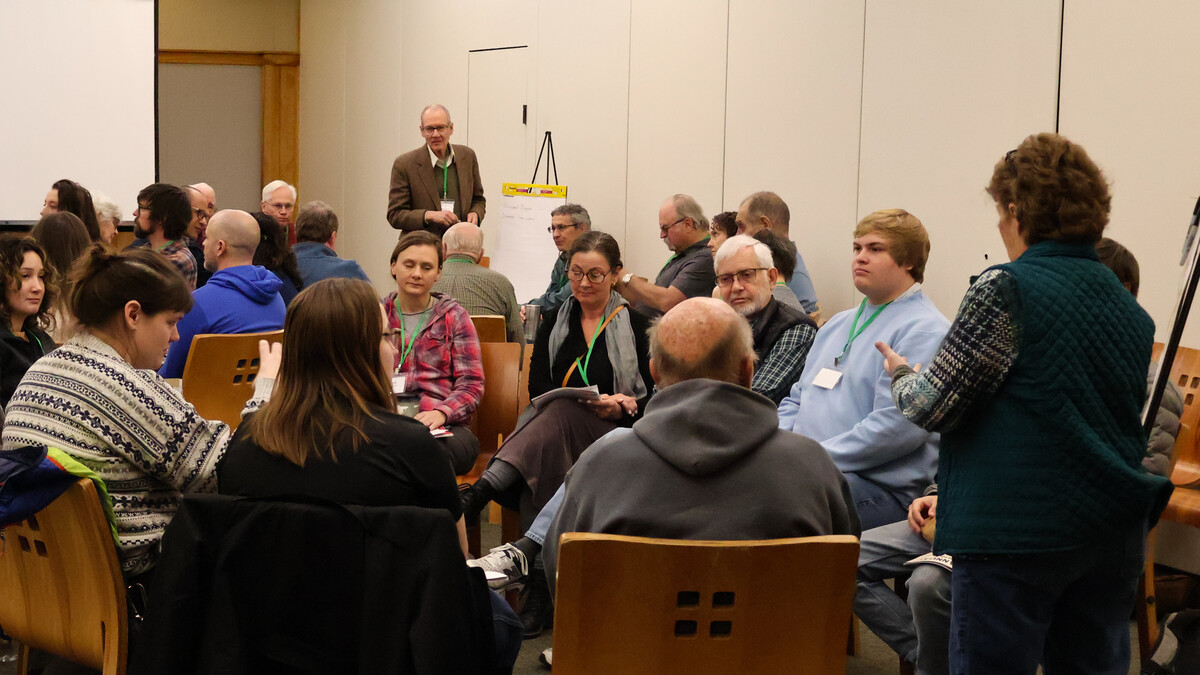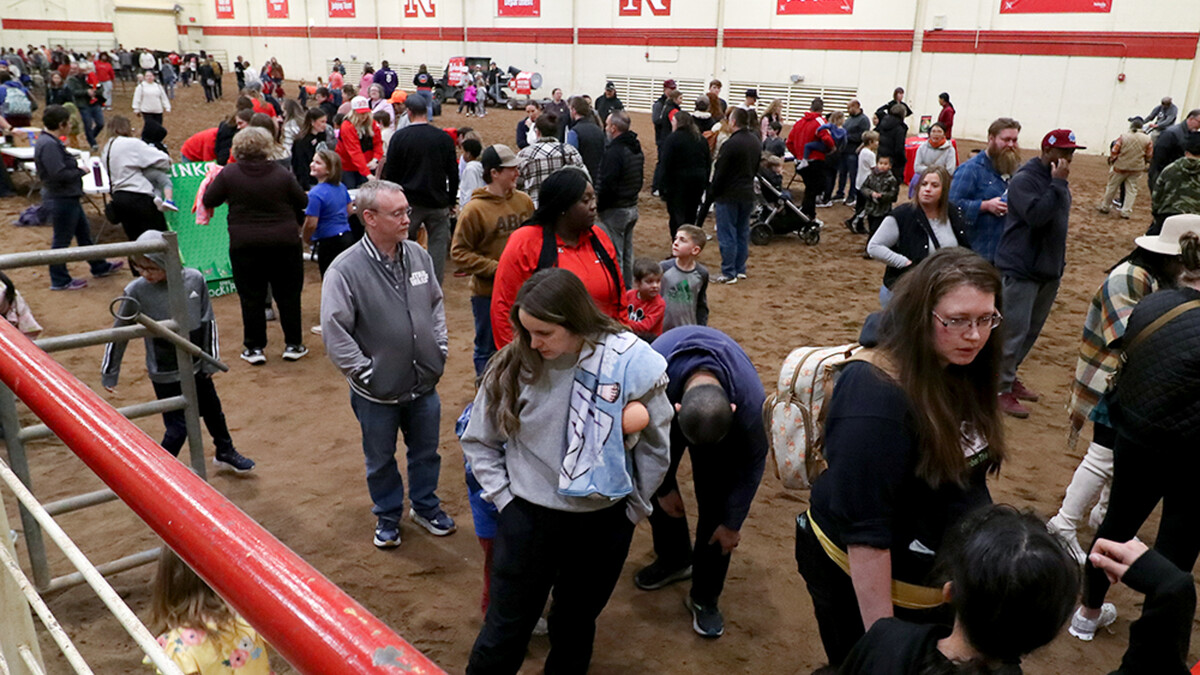
Lincoln, Neb. —Results of the 2020 variety trials for dry edible beans and field peas conducted by the University of Nebraska Panhandle Research and Extension Center have been posted on the Nebraska Extension CropWatch website.
The direct link for variety trial results for both crops (as well as other crops such as millet, sunflowers and oats) is http://cropwatch.unl.edu/varietytest/othercrops. Or, navigate to the Other Crops Variety Trials page from the main Cropwatch page (http://cropwatch.unl.edu ) by clicking on these links: management > variety testing > other crops.
Results for the most recent three years are listed on that page. Older variety trial results are archived on a separate page which is linked to the current variety-trial page.
Nebraska’s dry edible bean variety trials have been operated for 39 years as a service to the dry bean industry to evaluate which dry bean varieties and experimental lines are best suited for western Nebraska. The 2020 trials were planted at two locations, the Scottsbluff Ag Lab at the Panhandle Research and Extension Center (on June 10), and the Mitchell Ag Lab, 5 miles to the north (planted on June 2). UNL staff under the direction of Dry Bean Breeding Specialist Carlos Urrea did the planting, field work, harvest and analysis of results.
The dry bean report includes a description and summary of the trials, and tables that list yield, moisture, test weight, and other data for each variety within the market classes. The description includes detailed information, such as planting dates, seeding rates, herbicide treatments, row width, irrigation, harvest date and other details.
A total of 12 trials were conducted at the two locations: two plots each of Great Northern (28 entries), pinto (50 entries), light red kidney (19 entries), dark red kidney (9), black beans (18), and navy (8).
Results were compiled by Urrea and Eduardo Valentin Cruzado, research technologist for the dry bean breeding program. They also acknowledged Panhandle Center Farm Manager Gene Kizzire and his team and the summer crew for help with agronomic management, and Ann Koehler for editing the document. The financial support of the Dry Bean Commission is greatly appreciated.
In addition to the website, the report will be published in the Bean Bag newsletter published by the Nebraska Dry Bean Growers Association.







